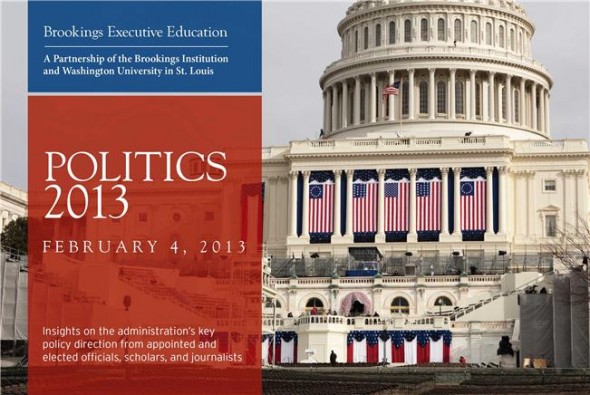Today, February 5th 2013, we talked about a multitude of subjects during class. It ranged from politics to the economy to having students visit our class and discuss their Israel study abroad experience.
First, we discussed the political structure of the Israeli government and made comparisons between their government and our own American government structure. They have a parliamentary democracy and the government is formed through coalitions that must have at least sixty-one seats in order to rule the Knesset. In the elections that occurred a couple of weeks ago, there were twelve parties represented.
We discussed the pros and the cons of this governmental system. The pros include representing a lot of different voter viewpoints and also that there is relative representation based on voters’ views.
The major con was that a small party could have lots of power. We also discussed the stabilityof the system. We talked about how a major question in the coming weeks is whether the Shaas, an ultra-orthodox party, would be included in the new government.
Over the past several weeks, we have discussed Israel’s economy and have focused on the positives. We’ve focused on their venture capitalist and start-up sectors and how their economy is growing in ways that the rest of the world is not.
However, today we discussed that they still have several economic challenges. For example, there is the middle class protest as home ownership is starting to decline because it is expensive and there is also not a lot of building activity. For example, in Israel it takes 7.7 years of working in order to own a home whereas it is 2.5 in the United States. We discussed that there are advantages because the housing bubble fostered our own economic recession.
We also discussed food prices being an issue as well as cars being very expensive, as tax is as much as a car. Many Israeli’s have hope in the electric car because the government has already promised not to tax it to such extremes.
A major problem that their economy is facing is that the structure where the Haredi and Arab Israeli mass is dependent on the small number of highly educated individuals. This model is backwards of the traditional model like that of the United States and is unsustainable.
Today, we also got the opportunity to talk to two Wash U students, Amanda and Alana, who studied abroad last semester in Israel. They both really enjoyed their experiences and felt like they actually lived and interacted in Israeli society. That was the abroad experience that they were both looking for. Several things they talked about included the fact that they noticed that it was less hierarchal on the job compared to internships they had held in the United States. They had a lot of responsibility on the job, which they said was different but that they had enjoyed it.
They also discussed the Israeli-Hamas crisis that occurred while they were in Israel. They said during one of the bombings that the Iron Dome blocked, they were in Tel Aviv and they discussed how scary it was. They also discussed how they were the only ones that seemed fazed by the experience because to the Israelis living in fear means that the Hamas win and they must continue with there daily lives.
Overall, it was an interesting and eventful class where we discussed a variety of subjects that are helping us prepare for our trip to Israel in one month.
Kelsey
Class of 2015
Nashville



 “The theme that came out of the day was continued gridlock. Neither party wants to move, especially to address some of the fiscal challenges this country needs to face. Democrats need to embrace entitlement reform and Republicans have to address revenues. Neither party can afford to demonize the other to effect a real solution.” – Ian Dubin, Senior Program Manager, Brookings Executive Education
“The theme that came out of the day was continued gridlock. Neither party wants to move, especially to address some of the fiscal challenges this country needs to face. Democrats need to embrace entitlement reform and Republicans have to address revenues. Neither party can afford to demonize the other to effect a real solution.” – Ian Dubin, Senior Program Manager, Brookings Executive Education